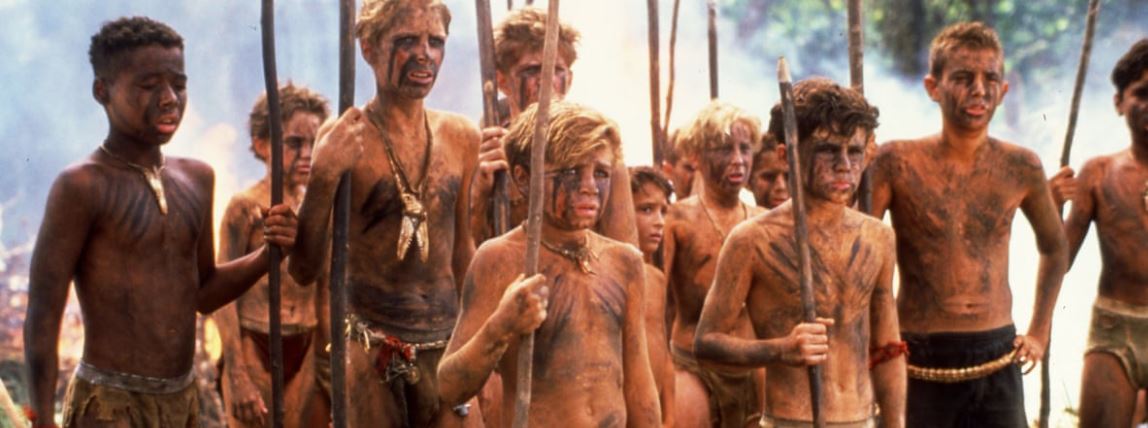School districts across the country are reporting a surge of student “misbehavior” this fall as schools return to in-person learning, reports the Wall Street Journal. Educators attribute increasing disorder in classrooms and hallways to the isolation resulting from prolonged distance learning during the previous two school years.
Some time ago, I postulated based on anecdotal evidence that Virginia schools were experiencing more disciplinary issues this fall than in previous years. The State Board of Education made no mention of the issue in its 2021 report on the Conditions and Needs of Public Schools, and the trend has largely escaped the notice of Virginia media. However, the WSJ article confirms that the “downstream” effects of the COVID shutdowns include not just the well- documented collapse in standardized test scores but disruptions to classroom discipline.
The WSJ article focuses on how educators in schools in the Dallas, Texas, area are dealing with the misbehavior. It turns out that Texas educators are using the same jargon of Social Emotional Learning and relying upon the same practices that are prevalent in Virginia now. Fewer suspensions. More counseling. More discussion circles and teaching kids how to communicate.
The increasing disorder in schools, though, is bigger than COVID. It is symptomatic of the fraying social order. Think of what is happening in our schools as an analogue to the assault on “mass incarceration” in the criminal justice system. The old school disciplinary system was said to create a “school-to-prison pipeline.” Now touchy-feely therapy substitutes for suspending students or, when serious violence is involved, calling the police. The old system was far from perfect and the new system has positive attributes, but the Social Emotional Learning paradigm seems grossly inadequate to the task confronting us today.
The problem, I submit, is bigger than just the lack of socialization at school. In many cases, students’ behavior reflects the lack of socialization at home. The problem is most acute in neighborhoods dominated by single-parent families afflicted by social atomization, homelessness, child neglect, substance abuse, food insecurity and other social pathologies. Students are bringing the code of the streets into schools, and the new rules have deprived teachers of the means to maintain order. When students learn that the worst consequence of violent behavior is being made to sit through group discussions on how their bad behavior impacts others, they learn they can act with impunity.
As I have observed before, public schools have taken on a profound new mission. Educators no longer see their job as teaching kids; they also see their job as doing what the students’ parents cannot or will not do: feeding them, counseling them, and teaching them how to interact with others. While individual teachers and counselors can have a profoundly positive impact on individual kids, the state cannot possibly fill the role of parents on a large scale.
It’s not working, folks, it’s just not working. Between COVID, social media, and the therapeutic approach to restoring discipline, adults are losing control. We are raising a lord-of-the-flies generation of young people. Until the grownups come to their senses, I don’t see things getting any better.



